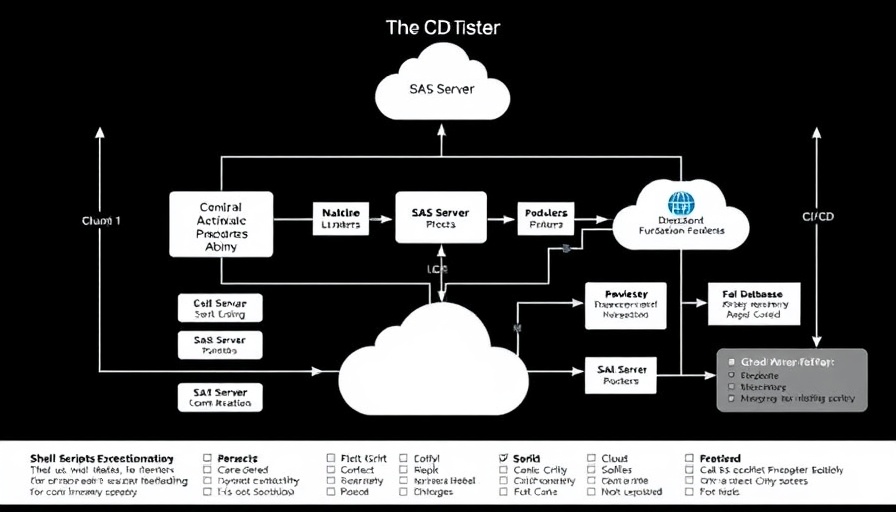
Climate Change's Heavy Toll on Insurance Sustainability
As our planet experiences unprecedented weather patterns, the insurance industry finds itself at a crossroads, facing challenges to its sustainability like never before. The recent record-breaking heat and disastrous events over the last decade underscore how climate change poses an existential threat to insurers globally. With a shifting landscape of natural disasters growing in frequency and intensity, from ferocious hurricanes to devastating floods, insurance companies are grappling with rising costs and eroding viability in exposed markets.
Understanding the Risk Landscape
The industry is adapting to a new normal, as events such as Hurricane Beryl—one of the quickest category 5 storms to form—illustrate the alarming volatility of our climate today. As insurers retreat from high-risk areas like California and Florida, consumers face sharply rising premiums, leaving many concerned about their access to coverage. In New Zealand, experts project that a staggering number of inhabitants may lose flood insurance by 2050, with predicted premium hikes of up to 21%. These changes reflect a broader, troubling trend concerning the affordability and availability of risk coverage as climate challenges escalate.
Navigating Premium Growth in a Volatile World
The growth of insurance premiums signals a seismic shift within the industry, driven not just by increased claims but by a fundamental reevaluation of risk models. Recent data from Allianz shows a notable 7.5% growth in the sector—its fastest pace in nearly two decades—largely fueled by double-digit premium increases, including an astonishing 22% rise for auto insurance in the United States. Insurers must now recalibrate their expectations, integrating new climate-related risks into their pricing models to ensure their long-term viability.
The Role of AI and Data Analytics in Risk Management
In this rapidly evolving environment, leveraging technology and data analytics becomes paramount for insurers striving to remain competitive. By employing sophisticated data tools, companies can refine their risk assessments, enhance pricing strategies, and optimize their operational efficiency. Platforms designed to collect and analyze vast datasets are invaluable for predicting future risks based on historical data. This ability to anticipate and mitigate potential damages will be critical for insurers navigating this unpredictable landscape.
Establishing Effective Risk Management Practices
For insurers, structuring their approach to risk management is integral to their adaptive strategies. Effectively identifying which risks should be embraced and which should be off-limits will require innovative thinking and precise data management. Poor data handling may lead to serious miscalculations, either underestimating or overestimating exposure, which can have dire financial consequences. The prudent use of analytics allows insurers to craft precise coverage options tailored to their target market's unique needs.
Future Predictions: The Evolution of Insurance in a Changing Climate
As climate change continues to reshape our world, the insurance industry is at the front lines, adapting to vast new challenges. Experts predict that climate-induced catastrophes will only grow more severe, further pressuring insurers to innovate and rethink traditional models. This transformation calls for a deeper conversation around sustainable insurance practices that can weather the storms of tomorrow.
Your Role in Understanding AI and Its Impact
As consumers and industry stakeholders alike, understanding the implications of climate change on insurance is critical. Awareness of how technological advancements, particularly artificial intelligence and data analytics, can bolster the resilience of the industry is necessary for engaging effectively in discussions about insurance solutions in a climate-conscious future. Those interested in the intersections of technology and climate resilience should explore relevant AI learning paths to better grasp the nuances of these critical issues.
 Add Row
Add Row  Add
Add 




Write A Comment